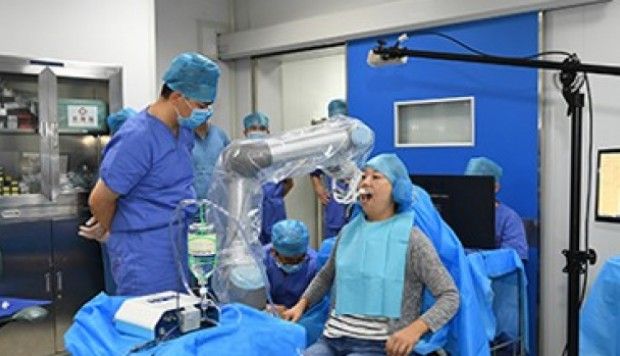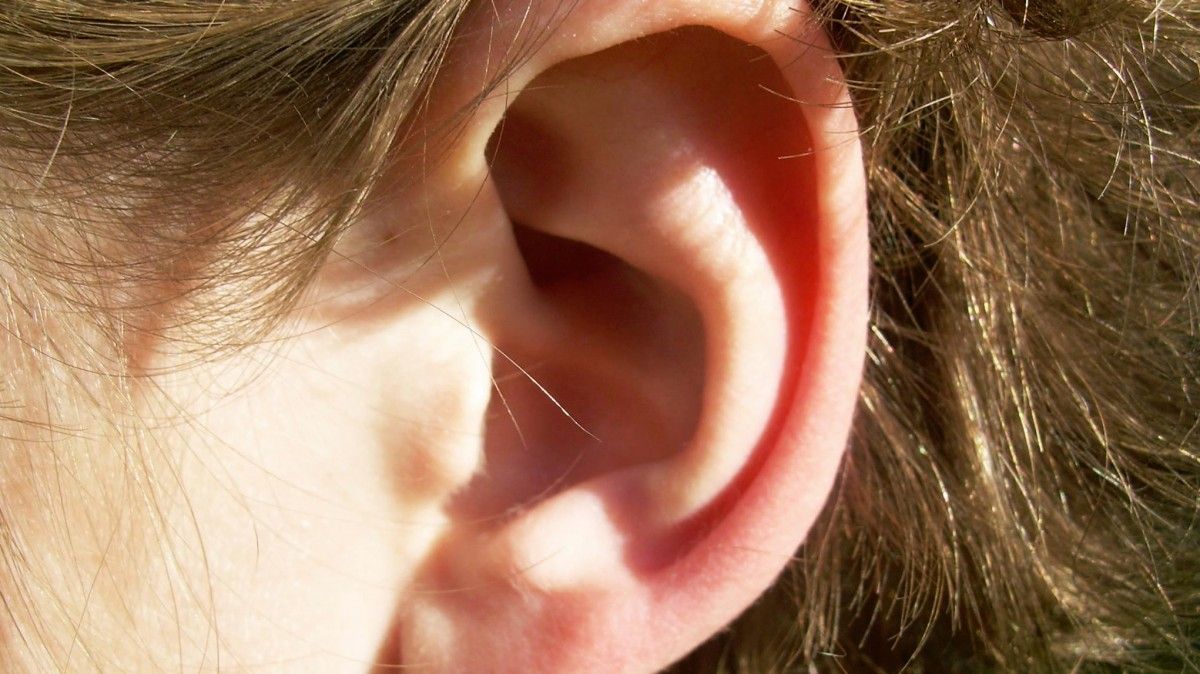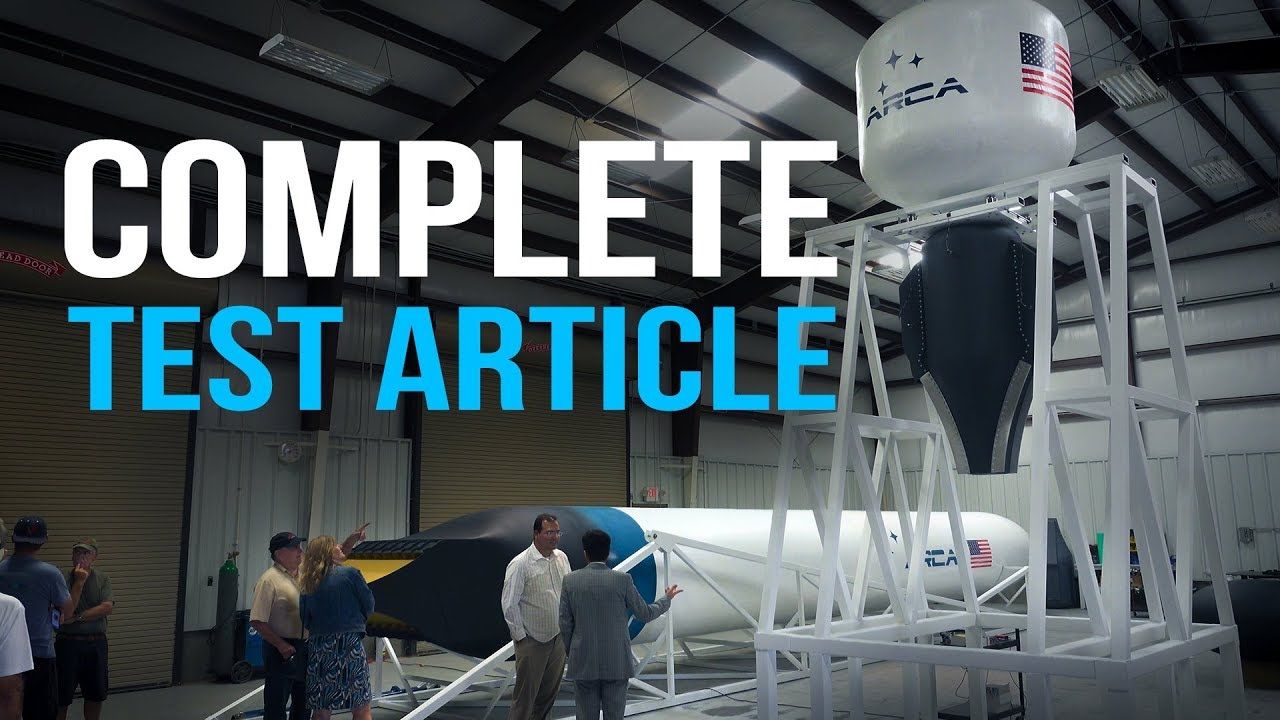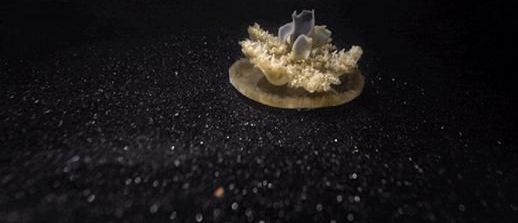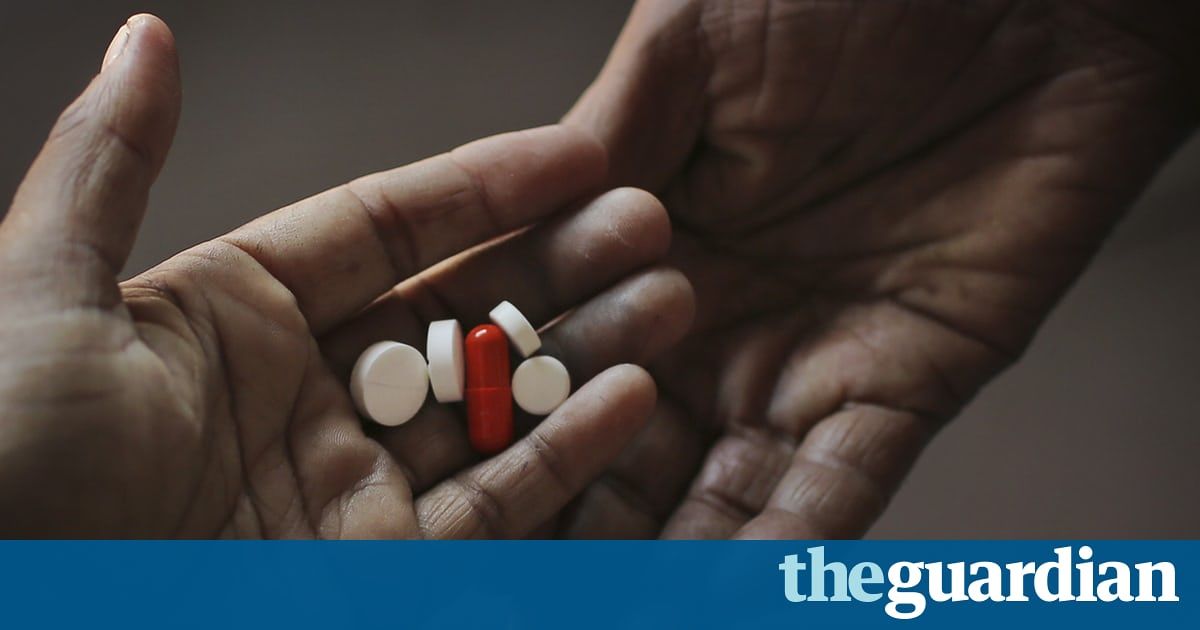
Ed Whiting, director of policy at the Wellcome Trust agreed and said: “There is no doubt of the urgency – the world is running out of effective antibiotics and drug-resistant infections already kill 700,000 people a year globally. We’ve made good progress in getting this on the political agenda. But now, a year on from a major UN agreement, we must see concerted action – to reinvigorate the antibiotic pipeline, ensure responsible use of existing antibiotics, and address this threat across human, animal and environmental health.”
The report’s authors have found 51 new antibiotics and biologicals currently in development that may be able to treat the diseases caused by these resistant bugs. But that will not be anywhere near enough because of the length of time it takes to get drugs approved and onto the market, and because inevitably some of the drugs will not work.
“Given the average success rates and development times in the past, the current pipeline of antibiotics and biologicals could lead to around 10 new approvals over the next five years,” says the report. “However, these new treatments will add little to the already existing arsenal and will not be sufficient to tackle the impending antimicrobial resistance threat.”
Continue reading “Too few antibiotics in pipeline to tackle global drug-resistance crisis, WHO warns” »
